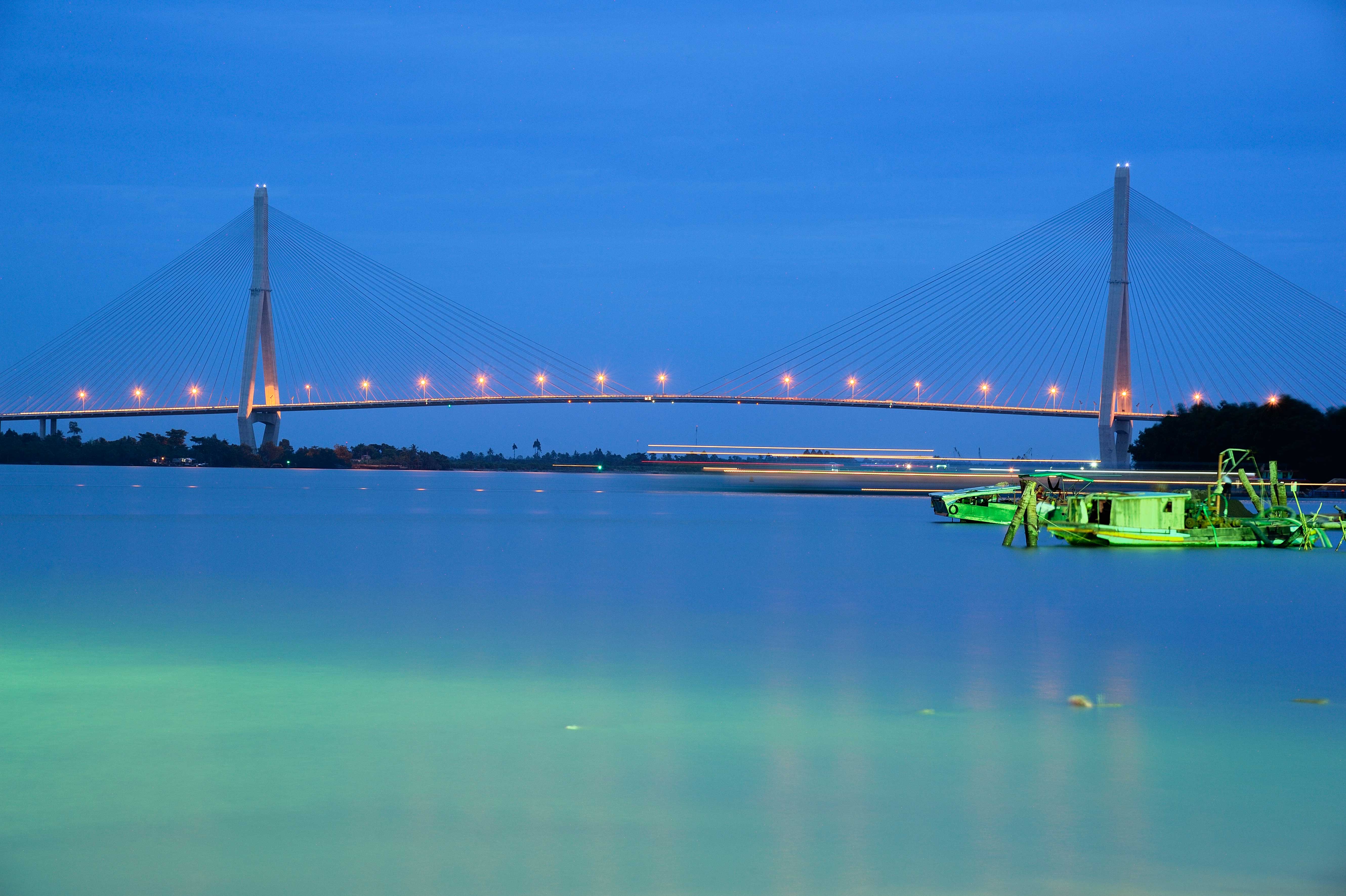Watching the sun set over the banks of the Mekong has to be one of the great draw-cards of visiting Laos.
That these banks are relatively undeveloped, in Laos at least, to some is one of its greatest assets. The Mekong may be one of the world’s great rivers, alongside, the Mississippi, the Danube, the Murray-Darling and the Nile. But unlike these, there persists a romantic notion about the “unspoiled” status of the Mekong, due to pervading poverty in most of its host countries. Connecting six countries, it’s the longest river in Southeast Asia, and among the longest and largest drainage basins in the world, home to over 65 million people (not including China), and the world’s second most bio-diverse waterway after the Amazon).
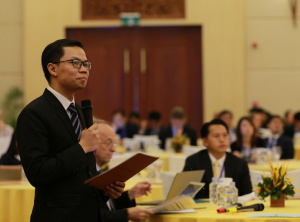
But, as Dr. Anoulak Kittikhoun, the Mekong River Commission’s chief strategy and partnership officer, observes, the Mekong is also situated in one of the world’s most geo-strategic regions. This means that development is both inevitable and unstoppable, and all the well-meaning nature-loving tourists in the world can’t beat it back.
“You have a lot of poverty in this area, but it’s changing,” he says.
“If you go down to Can Tho City in South Vietnam, in the Delta, you’ll find a big city with high-rises. Cambodia’s Phnom Penh is well on its way to catching up, and Vientiane, in perhaps 10 years, will have several high rises.”
But how to manage these changes? Countries like Laos and Cambodia may be using the Mekong to harness their growth, but it’s organisations like the Mekong River Commission – an intergovernmental body with those two countries as well as Thailand and Vietnam as members, that exist to ensure the river is protected.
Dr. Anoulak says the MRC has a fundamental tenet – meeting the needs but keeping the balance – that ensures no one loses out if the river is managed correctly. The primary and unique role of the MRC in guiding the river’s future has just been reaffirmed by the Prime Ministers meeting for their 3rd MRC Summit on 5th April 2018 in Siem Reap.
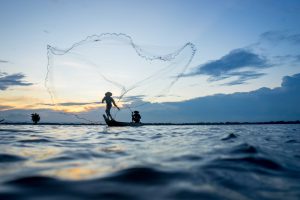 Under the slogan of One Mekong, One Spirit, ensuring a balance of development and protection has to include both people and the natural world.
Under the slogan of One Mekong, One Spirit, ensuring a balance of development and protection has to include both people and the natural world.
“We have strategies and guidelines to make sure that what each country tries to do to develop or use the river does not compromise its use by others,” he says.
But most of all, we try to ensure that livelihoods remain intact, that development improves lives and does not make people worse off than they already are.”
This includes those using the river for subsistence living – fishing, irrigation – as well as large-scale projects like dams.
“We monitor water quality, water flows, fisheries, the ecological health of the river,” he says.
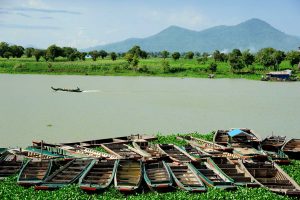
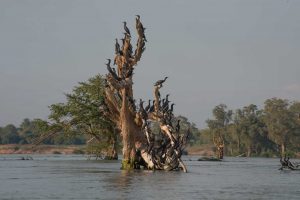
“For large-scale development projects, we do a lot of consulting back and forth.” Projects have improved after MRC looked at them.
The tourism industry, one of the country’s main sources of income, is a major consideration when it comes to one of the country’s main attractions.
“For example, in Siphandon (4000 Islands) in the south, there’s a dam under construction at Don Sahong,” Dr. Anoulak says.
These nearby Khone falls are visited by thousands of people each year, and the area, just a few kilometres from the Cambodian border, is home to a tiny – and dwindling – population of rare Irrawaddy dolphins. The dam would block the Hou Sahong Channel, a key channel of the Mekong that allows for year-round fish migrations both up and down the river.
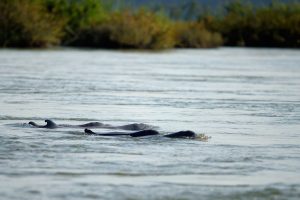 “But after our consultation, we have ensured there that there will be mitigation measures and monitoring to address impacts.”
“But after our consultation, we have ensured there that there will be mitigation measures and monitoring to address impacts.”
Ultimately, while the Mekong will always be a source of wonder and admiration for tourists, a lot of work needs to be done to preserve it and, by extension, the livelihoods of millions. But, says Anoulak, gesturing to the window of his office, which overlooks the bustling downtown stretch of river, with Thailand visible on the far bank, the great waterway will always be known for its beauty.
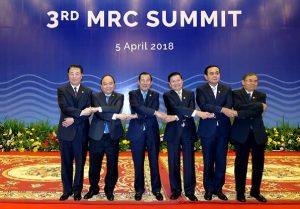
Text by: SALLY PRYOR
Photohraph by: THE COURTESY OF MRC



 ລາວ
ລາວ